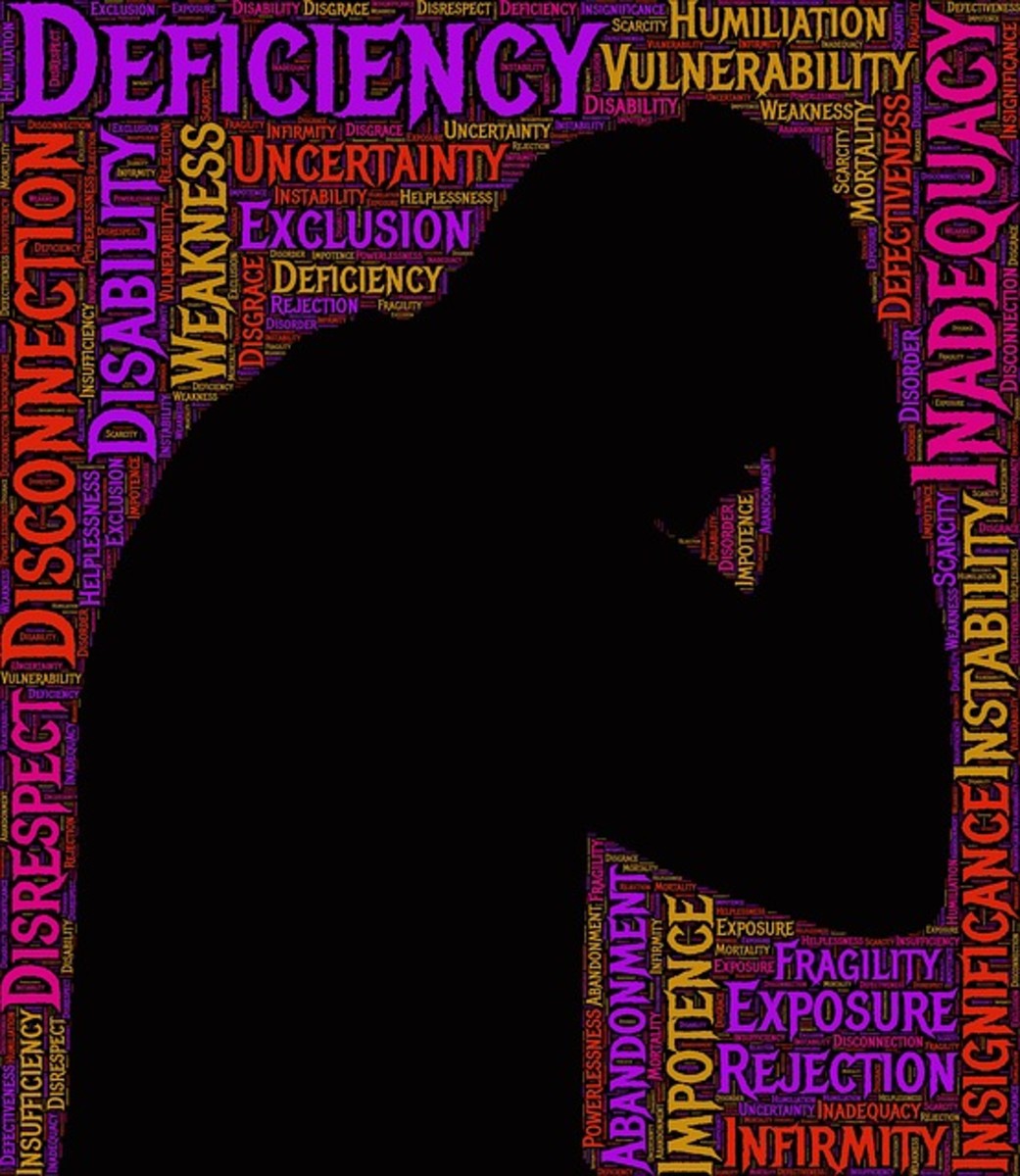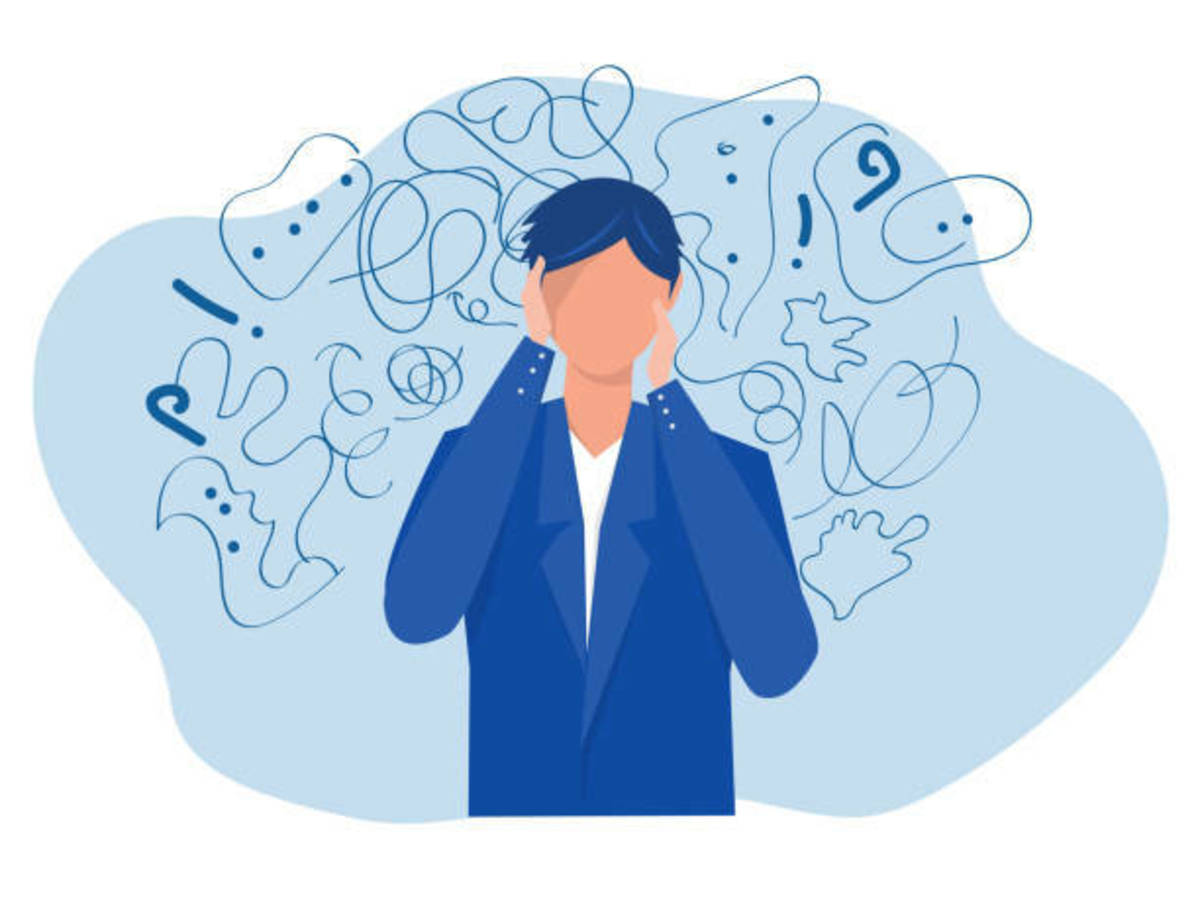The Role of the ICD and DSM With Mental Health Disorders
Both the ICD and DSM are used for diagnosis of Mental Health Disorders

History of the ICD and DSM and their differences
The history and basic purpose of the ICD
ICD stands for International Classification of Diseases. Published by the World Health Organisation (WHO), It is a globally recognised coding system used by medical professionals in the UK and in over 100 other countries.
The purpose of the ICD is to study, report and research disease, disorders, health conditions, injuries and their patterns, all of which have corresponding codes. It provides statistical information on mortality and morbidity and can be used as a diagnostic and assessment tool for clinicians. Facts and figures collected from the ICD allows worldwide data comparison for the monitoring of current and future trends.
In 1893, the International Statistical Institute produced a cause of death list, known as the International List of Causes of Death. In 1948, the World Health Organisation entrusted and published the 6th edition, ICD-6. For the first time, the list incorporated morbidity.
By the time the 10th edition was published in 1990, more than 100 Countries worldwide would be using the ICD.
ICD-11 was released in June this year and has been translated into 43 languages. Member states will use the ICD-11 for reporting health data from January 2022, following endorsement.
The history and basic role of the DSM
The DSM stands for Diagnostic and Statistical Manual for Mental Health Disorders. It serves as a 'user manual' for Mental Health medical professionals working in the US.
This 'handbook' is used as a diagnostic tool, providing Psychiatrists expert guidelines, descriptions, definitions and symptom criteria to enable them to identify and correspond to specific mental health conditions and disorders.
Although used by clinicians specifically in the US, it is a known alternative, and often working in conjunction with the ICD elsewhere.
In 1952, the American Psychiatric Association (APA), created and published the first edition of the DSM.
Further editions in 1968, 1980, 1994, 2000 and 2013 (not including the revisions in between), have been the subject of debate and controversy, particularly noting the increase in the number of mental health condition diagnoses and more recently, the removal of certain disorders (such as the removal of a diagnosis of Aspergers Syndrome in 2013).
The implementation of a section detailing 'new disorders requiring research' could potentially see more mental health diagnoses in the future. An example of a new disorder requiring research is the 'Internet Use Gaming Disorder' - an addiction-type disorder relating to the increasing use and abuse of technology.
Differences
The DSM is used in the US whereby the ICD is used in the UK and over 100 countries worldwide.
The ICD is approved by the World Health Assembly (WHO), and the DSM approved by the assembly of the American Psychiatric Association (APA).
Whereas the ICD is distributed worldwide at a low cost and discounted for the lower-income countries, the DSM achieves substantial revenue of the APA, through sales of books, articles and related products.
What is ICD and DSM coding?
In order to report, evaluate and monitor disease and health, which includes but not limited to symptoms, diagnoses and procedures, medical coding is used to document everything relevant to the health care provided. This information can then be shared globally among hospitals and health care providers.
What do ICD codes look like?
An ICD-10 code, taken from the most recent ICD edition, is an alphanumeric code between 5 and 7 characters long. Decimal points are used for codes longer than 3 characters. If a 7-character code contains less than 6 characters, a dummy placeholder "X" is used. The first 3 characters refer to the category. The next 3 characters refer to the related etiology of a disease, the site, severity or other vital clinical details and the 7th character is an extension of information.
In the US, ICD-10 codes are referred to as ICD-10CM or ICD-10PCS.
The ICD acronym CM stands for Clinical Modification and the ICD acronym PCS stands for Procedure Coding System.
ICD-10CM is the code set for diagnosis. There are around 68,000 codes and are 3-7 characters in length. The first and second digit is alpha, the third to the seventh digits can be alpha or numeric.
ICD-10PCS is the code set for procedures and is only used to report inpatient services in hospitals. There are approximately 87,000 codes consisting of 7 alpha numeric characters.
Whilst Clinicians use the DSM in the US, the codes are the same as the ICD. The DSM is used to help choose the correct ICD code.
In June 2018, the World Health Organisation reported that the newly released preview of the ICD-11 contains around 55,000 unique codes.
Examples of ICD-10 codes for Mental Health
F41.1 Generalised anxiety disorder
F40.11 Generalised social phobia
F40.01 Agrophobia with panic disorder
F43.10 PTSD, (Post-traumatic stress disorder), unspecified
Why are ICD codes used?
Although ICD coding can appear complicated, its use of a common language can be shared globally to improve and maintain an efficient level of health care, collate vital clinical information to assist with the prevention and cure of illness and disease; keep a track of information relating to morbidity and mortality and assist with the accurate diagnoses of patients.
ICD codes can be used to prepare a bill of treatment. They are imperative for medical claims; used for reimbursements and payments and decrease the risk of fraudulent claims made by a small number of medical professionals that may have previously exaggerated or fabricated claims for financial self gain.
The ICD is used worldwide

Summary
Mental Health Clinicians worldwide use the International Classification of Diseases (ICD) when diagnosing mental health conditions. The US use the Diagnostic and Statistical Manual of Mental Disorders (DSM) although this is used more as a guide.
ICD codes are used to represent all relevant information and data collected. This information can be shared worldwide between healthcare professionals, hospitals and health care providers.
The ICD and DSM codes are the same.
© 2018 Jennifer Moore








